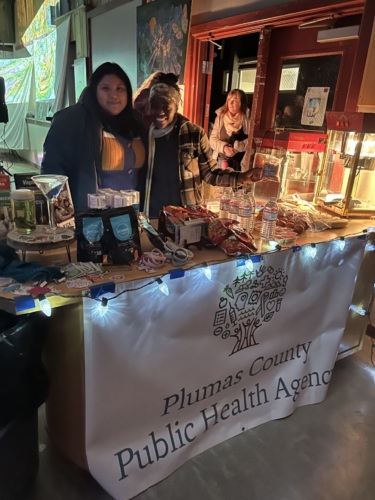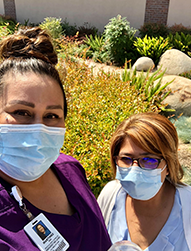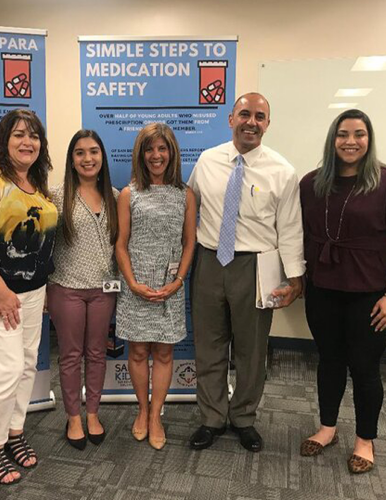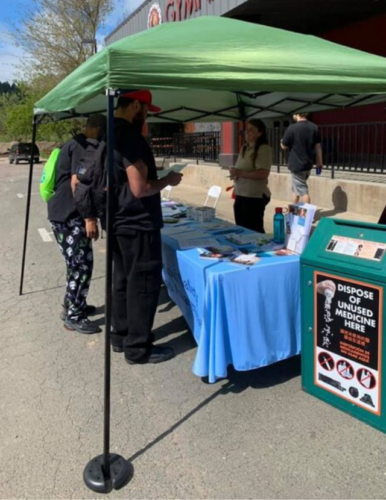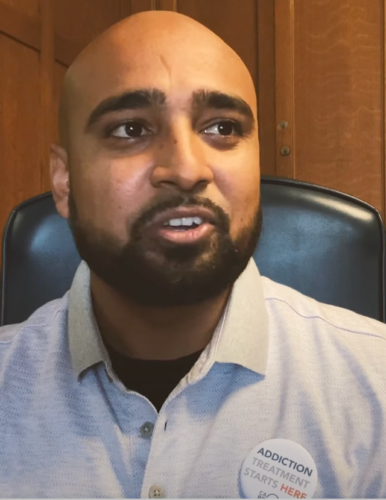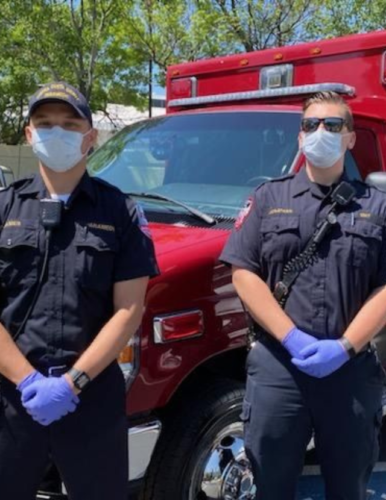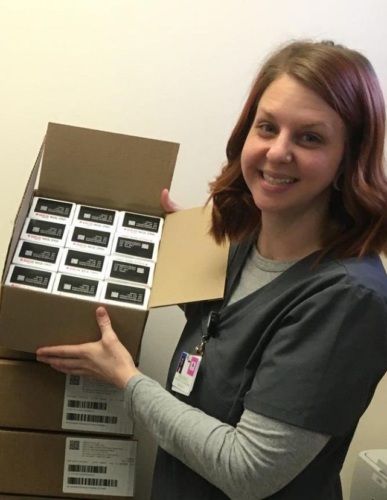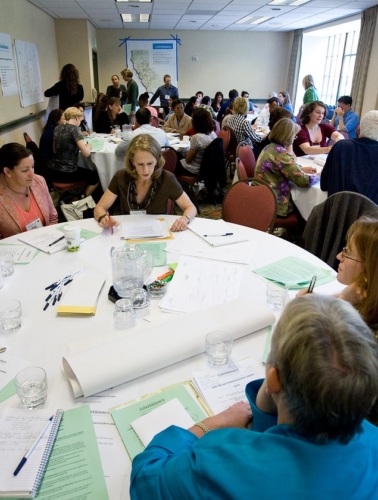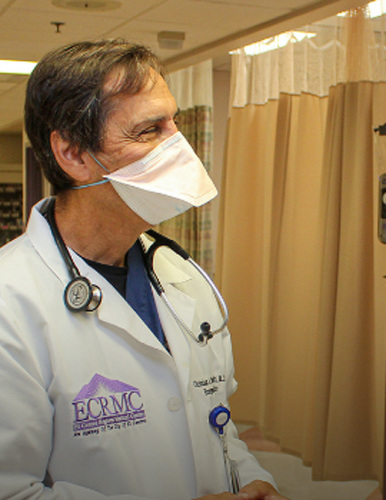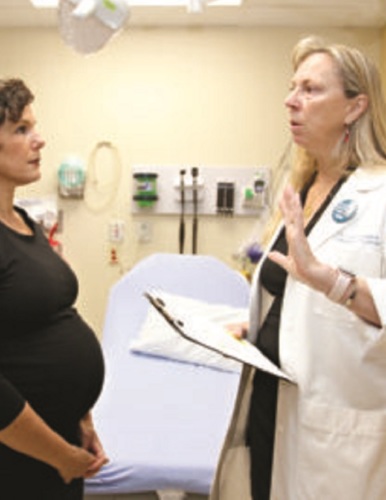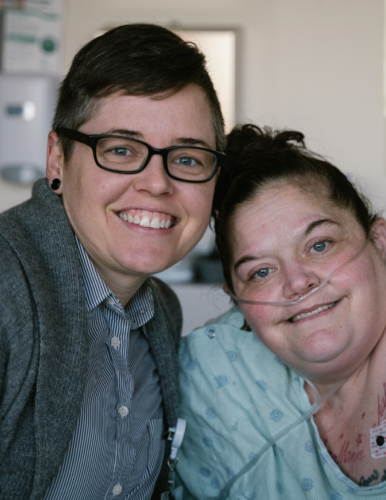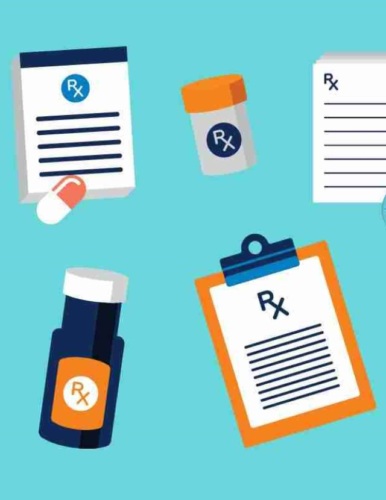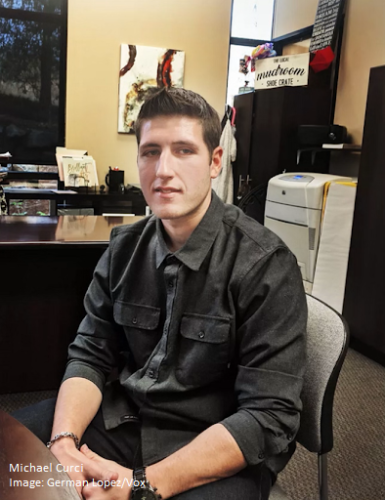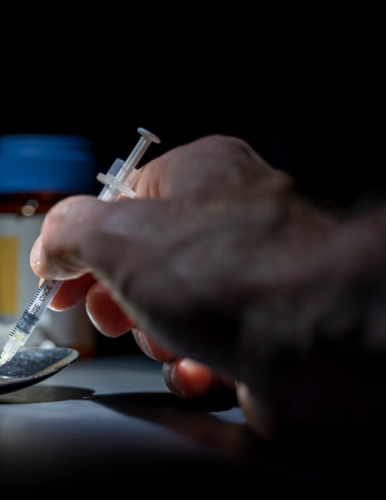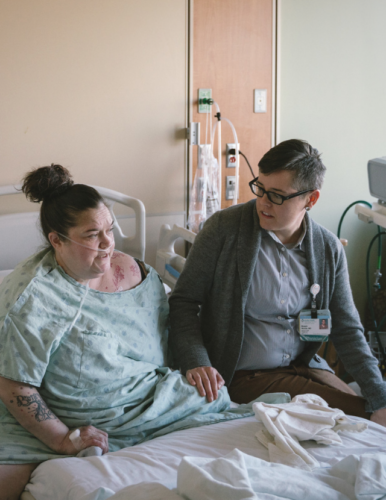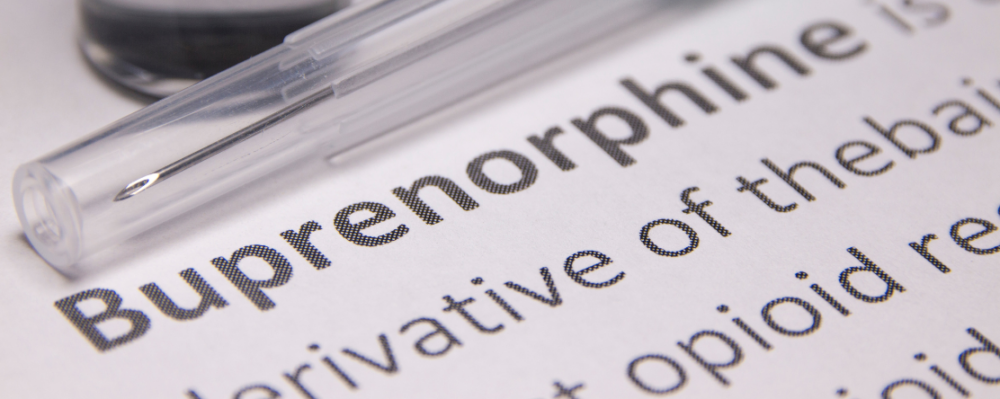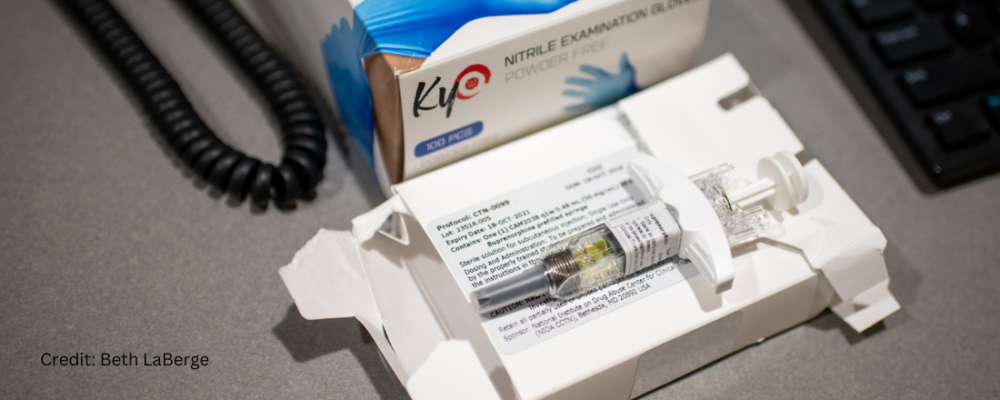
Opioids
Drug overdose is the leading cause of unintentional death in the US, and opioid addiction is driving this epidemic. The Public Health Institute believes that all of us—doctors, pharmacists, parents, teachers, advocates, mental health providers, law enforcement, and others—have a role to play in combating this crisis. By working together, communities can launch multi-pronged approaches that advance priority, effective strategies to help prevent and treat overdoses and ensure safe opioid prescribing.
Support this important work
PHI's strategic initiatives are urgent or emerging health issues that need attention, resources and expertise. Here's how you can help.
Applying what works to address a leading cause of preventable deaths
PHI programs increase access to evidence-based medicine to treat substance use disorders, working on the ground to find and scale innovative local solutions, and convening experts and advocates to drive large-scale change. We work alongside those who have been hardest hit by the opioid epidemic, including rural communities, youth, Black women and more. We de-stigmatize use and treatment and lift up culturally rooted, community-based solutions that can be tailored and replicated. We also spearhead vital national research to better understand the impact of the opioid epidemic across populations. PHI is home to the largest opioid safety network in the country, with 32 active coalitions representing 85% of California’s 39 million people. PHI’s Bridge program developed a model to increase immediate access to overdose and addiction treatment through emergency departments, which is now offered in every hospital in California and being adopted across the country.
PHI Priority
Ending Stigma for Black Women Experiencing Opioid Use Disorder
Black women are disproportionately impacted by the opioid epidemic, but are often left out of the substance use treatment conversation, and experience a lack of culturally relevant care. In 2020, PHI's Center for Collaborative Planning launched See Her Bloom, an online campaign led by a coalition of women of color to address the stigma associated with Black women and their specific needs concerning substance use. In 2022, See Her Bloom commissioned the National Black Women’s Justice Institute to host conversations with Black girls in California to understand their experiences with drugs. The resulting report offered strategies to overcome barriers to help and support Black girls struggling with substance use.
Our Impact
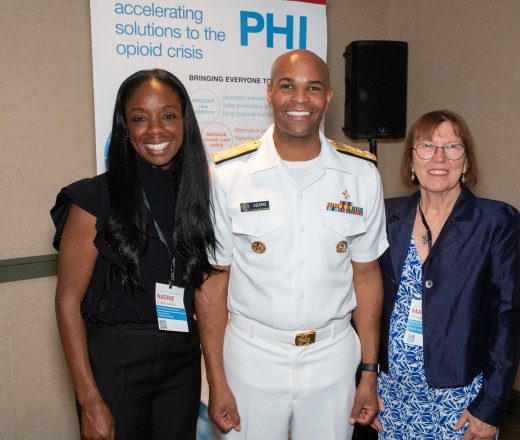
- 76K patients provided with buprenorphine, through PHI's CA Bridge
- 85% of Californians reached through multi-sector partnerships in California Overdose Prevention Network
- 100% of local coalitions participating in the California Overdose Safety Network are implementing Naloxone distribution

Programs
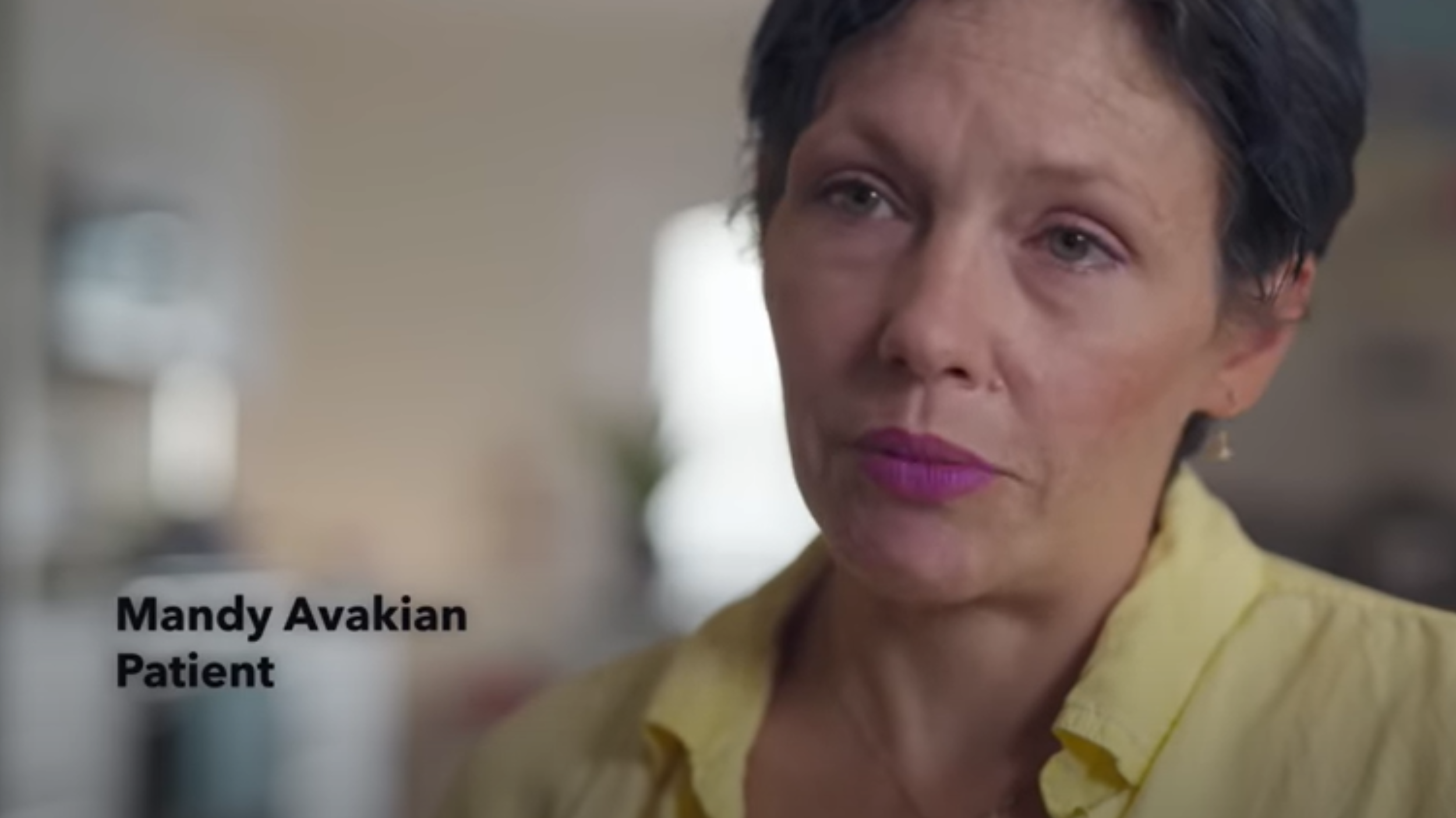
While overdose deaths continue to skyrocket, healthcare providers can save more lives by administering and prescribing medication for addiction treatment. CA Bridge works with hospital emergency departments to provide immediate access to medication for addiction treatment for anyone who walks in the door seeking help.
Work With Us
You change the world. We do the rest. Explore fiscal sponsorship at PHI.
Support Us
Together, we can accelerate our response to public health’s most critical issues.
Find Employment
Begin your career at the Public Health Institute.
